7 Benefits Of Kukui Nut Oil For Skin & Hair + How To Use It
Repair, heal, and prevent common skin concerns with this nourishing nut oil.
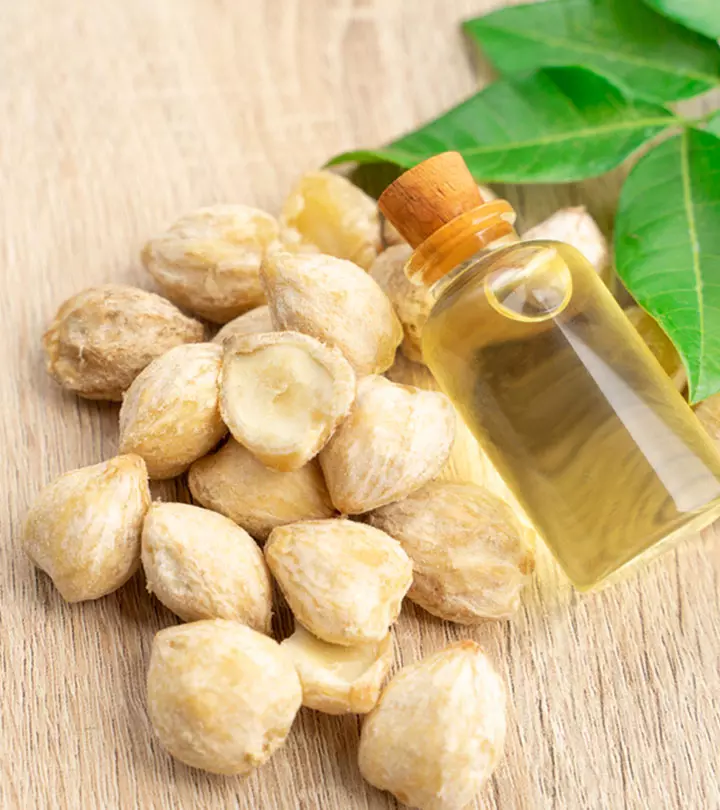
Image: Shutterstock
Kukui nut is found in the region of Hawaiian islands and its oil has been gaining popularity in the beauty world for its cosmetic applications. The benefits of kukui nut oil can be attributed to its moisture-locking and skin-repairing properties. The oil can help soothe dry skin, slow down signs of premature aging, reduce hair problems, and calm sunburns.
The range of vitamins, antioxidants, and essential fats in this oil help address and prevent many skin and hair problems. This article explores the benefits of kukui nut oil for skin and hair and how to use it. Keep reading.
 Know Your Ingredient: Kukui Nut Oil
Know Your Ingredient: Kukui Nut OilWhat Is It?
A golden and odorless oil derived from the candlenut tree.
What Are Its Benefits?
It moisturizes dry skin, nourishes hair, prevents stretch marks, and improves skin elasticity.
Who Can Use It?
Anyone can use it except people with oily or acne-prone skin.
How Often?
You can apply kukui nut oil on your skin twice every day.
Caution
It may cause hives, itching, and skin irritation in some people.
What Is Kukui Nut Oil?

Candlenut (Aleurites moluccanus), or kukui as it is called in Hawaii, is a tree nut species indigenous to the Indo-Malaysian region. It grows well in warm tropical regions and extensively features in Indonesian and Malaysian cuisines (1).
Certified Nutritionist, Anju Mobin, says, “Kukui oil is produced in Hawaii by cold pressing the oil from the nut of the kukui tree.”
Kukui nuts contain a high percentage of oil (30-60%). The clear yellow oil is extracted by cold pressing the nuts or through the solvent extraction method. Each method yields a different amount of nutrients (2).
Mobin adds, “Hundreds of years ago, Hawaiians used it to protect the skin of babies. It is believed to get readily absorbed by skin resulting in smooth, moisturized skin. In modern days, it has been used in various skincare cosmetics.”
Its benefits go beyond skin care. Cosmetologist Ghanima Abdullah says, “Kukui nut oil has been known in Hawaiian and Polynesian cultures for its beneficial effects on hair. It is a staple in the hair care routine for both men and women in the islands.”
 Fun Fact
Fun FactKukui nut oil contains various nutrients, which makes it beneficial for haircare and skincare.

In This Article
Kukui Nut Oil Composition
Kukui oil contains (3):
- 8.1% saturated fatty acids
- 15.3% monounsaturated fatty acids
- 43% linoleate
- 33% linolenate
Pure kukui nut oil goes rancid quickly because of linolenate, the most unstable fatty acid in the oil. That is why this natural oil is stabilized before using in cosmetic formulations.
In cosmetics, fatty acids serve primarily as emulsifiers, which allow oil and water to blend well, remain stable, and thicken the creams and lotions (4). In addition, they also have multiple benefits. Continue reading to discover how kukui nut oil can benefit you.
Key Takeaways
- Kukui nut oil, also known as candlenut, is a nut tree native to the Indo-Malaysian region that has been used for centuries for moisturizing skin and hair.
- Using kukui nut oil can help heal eye burns, hydrate dry skin, and hair, and soothe joint pain.
- While coconut oil may be cheaper and easily available, kukui nut oil does not clog your pores.
- However, it is recommended that you do a patch test before using kukui nut oil, as you may experience a few side effects such as red rashes and itching.
Why Kukui Nut Oil Is A Must-Have
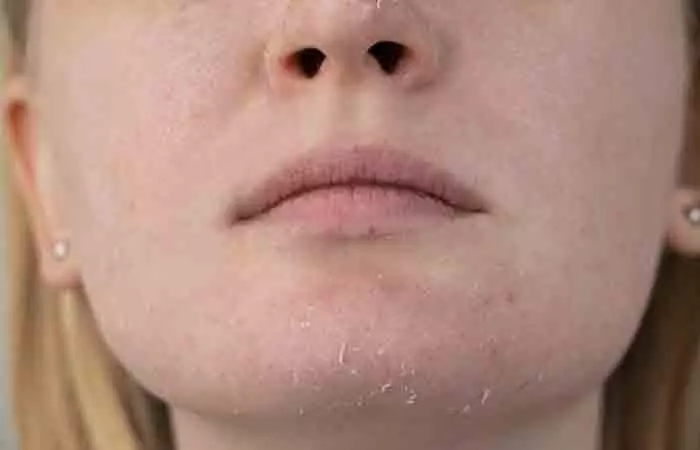
1. Repairs Dry Skin
Kukui nut oil contains saturated fatty acids that can repair the stratum corneum (top layer of the skin). The fatty acids moisturize the skin and form a semipermeable barrier to help the moisture get absorbed deep into the skin layers (3).
2. Boosts Hair Vitality
Abdullah says, “The most common use of kukui nut oil for our hair is as a moisturizing treatment. It is applied to dry, brittle, and damaged hair to add suppleness and softness. Kukui nut oil for hair can be used as a scalp treatment as it is non-comedogenic. It can also be used as a serum or moisturizer. It detangles hair and reduces frizz.”
 Trivia
Trivia3. May Heal Eye Burns

An animal study found that kukui nut oil could heal ocular burns, regenerate corneal epithelium (a barrier to protect the cornea) due to its anti-inflammatory and antioxidant properties (5). Some of the eye drops contain oil, which is often recommended for dry eyes. Kukui nut oil shows a promising effect in protecting the eyes. However, more human studies are required to evaluate its beneficial effects.
4. May Prevent Stretch Marks
Kukui nut oil is a part of Hawaiian folk medicine and is widely used as a massage oil to prevent stretch marks. The massage oil also helps to relieve joint pain (6).
5. May Help In Wound Healing

Kukui oil is rich in polyunsaturated fatty acid linoleic acid. Animal studies found that oral administration of linoleic acid could promote tissue repair and improve hydration and elasticity (7).
6. May Help Manage Acne
The essential fatty acids present in kukui oil may help improve hydration, soothe the skin, and reduce inflammation caused by acne (3), (7). Further, anecdotal evidence suggests that many use this oil for its antimicrobial properties to help treat acne-prone skin.
7. May Help In Psoriasis Management
Kukui nut oil may help improve skin hydration and moisturization and may have some effect in reducing the symptoms of psoriasis. It contains linoleic acid and triglyceride, which may help reduce psoriasis symptoms to some extent and help calm dry, flaky, and itchy skin (8). However, further studies are warranted to understand the effectiveness of using kukui nut oil for managing psoriasis.
The fatty acids present in this oil may also help prevent split ends, dandruff, wrinkles, and blemishes. Here is how you can incorporate kukui nut oil into your daily routine.
How To Use It
You can directly apply kukui oil to hydrate your skin or to revitalize your hair. Rub a small amount of the oil on your face or massage your scalp with it for the best results.
You can follow the package instructions for proper usage. Its application is as varied as the benefits of this oil. You can blend kukui nut oil with other natural ingredients to make nourishing face masks and hair masks. You can also mix it with other essential oils as part of aromatherapy to help moisturize the skin and hair.
Kukui nut oil’s versatility shines through in its many uses across skincare, hair care, and wellness. Scroll down to know more.
Common Uses Of Kukui Nut Oil
Kukui nut oil is versatile and can be used in various applications, such as:
- As a deeply hydrating moisturizer for the face.
- In bath oils to provide a filling soak.
- For improved softness and shine in do-it-yourself hair masks.
- As an all-natural way to relieve irritated or burnt skin.
- In cuticle care keep nails and surrounding skin soft and hydrated.
- As an oil for massage to relieve aching muscles.
Ghanima Abdullah adds, “Hawaii produces both kukui nut and coconut oil, and some like to mix kukui nut oil with coconut milk for a super-rich hair conditioner.” Both kukui nut and coconut oils are excellent hydrators. However, there are subtle differences between the two.
Karmyn Tyler, an American vocalist, songwriter, and blogger, shared how kukui nut oil healed her skin. According to her, this oil reduced skin redness and cleared her acne. She writes, “I began using it all over my body (yes, my face too). I started noticing that my skin looked less red and naturally dewy – NOT greasy. I’ve been using the Kukui Oil for 2 weeks now and acne has been practically non-existent (i).”
Kukui Nut Oil Vs. Coconut Oil
Ghanima says, “The main differences between the two products are that coconut oil is a heavier oil that sits on the surface of the hair. So, unless your hair has super texture, you won’t be able to apply coconut oil without rinsing it out. Kukui nut oil, on the other hand, can be added to tame frizz without weighing down your hair.”
From a practical standpoint, coconut oil products are cheaper and easier to find than kukui nut oil. Moreover, they have many benefits and are especially helpful in protecting the skin barrier. However, if you plan to use coconut oil for the skin, remember that it is highly comedogenic and may clog the pores and aggravate acne, while kukui nut is not (9). Kukui nut oil is lightweight and absorbs easily without blocking pores. Because of its high concentration of essential fatty acids, it provides intense hydration and nourishment, ideal for sensitive or acne-prone skin. The special linoleic and linolenic acid composition of kukui nut oil helps preserve and restore skin, relieving irritation, dryness, and redness. However, you still have to be careful while using the latter. Keep reading to learn why.
Side Effects Of Kukui Nut Oil

There is no data on whether kukui nut oil triggers allergic reactions. However, possibilities cannot be ruled out. Some users have experienced hives, itching, and red bumps on their skin after using the oil. Therefore, it is better to do a patch test to prevent allergic reactions.
Ghanima Abdullah adds, “Like with any oil, if you apply too much kukui nut oil to your tresses, they will become greasy. Limit use to 3-5 drops on wet or dry hair.”
Infographic: Benefits And Side Effects Of Kukui Nut Oil
Kukui nut oil is gaining popularity as an ingredient in skin and hair care. This oil offers many benefits if included as part of a skin and hair care regimen.
The following infographic provides information about the various benefits and potential side effects of kukui nut oil. Take a look!
Some thing wrong with infographic shortcode. please verify shortcode syntax
Hawaiians have been aware of the numerous cosmetic benefits of kukui nut oil since ancient times. This oil has many benefits for your hair and skin. It is packed with essential fatty acids, vitamins, minerals, and beneficial bioactive compounds. Kukui nut oil may revitalize your dry skin, keep it moisturized, and prevent stretch marks. It improves your hair’s health by reducing frizz, adding shine, and improving softness. Massage this oil onto your scalp and skin, or add it to your DIY hair or skin masks to reap its benefits. Make sure you conduct a patch test before using it to prevent any adverse reactions.
Frequently Asked Questions
Does kukui nut oil penetrate the hair shaft?
Yes. Kukui nut or candlenut oil can penetrate the hair shaft and can keep the hair hydrated and healthy.
Does kukui oil go rancid?
Yes. Kukui oil is known to turn rancid pretty quickly. It has a shelf-life of 4-5 months if stored in an airtight container in a cool and dry place, away from sunlight.
Is kukui nut oil safe for dogs?
Kukui nut oil is generally considered safe for pets for topical application as a moisturizer.
Illustration: Benefits Of Kukui Nut Oil For Skin & Hair + How To Use It

Image: Stable Diffusion/StyleCraze Design Team
Personal Experience: Source
StyleCraze's articles are interwoven with authentic personal narratives that provide depth and resonance to our content. Below are the sources of the personal accounts referenced in this article.
i. Clear Skin with Kukui Nut Oilhttps://karmyntyler.com/2013/09/18/clear-skin-with-kukui-nut-oil/
References
Articles on StyleCraze are backed by verified information from peer-reviewed and academic research papers, reputed organizations, research institutions, and medical associations to ensure accuracy and relevance. Read our editorial policy to learn more.
- Aleurites moluccanus
https://link.springer.com/chapter/10.1007/978-94-007-1764-0_61 - Candlenut oil: review on oil properties and future liquidbiofuel prospects
https://www.researchgate.net/publication/348757935_Candlenut_oil_review_on_oil_properties_and_future_liquid_biofuel_prospects - Emollient action of kukui nut oil
https://library.scconline.org/v044n05/1 - Chapter 12 – The Role of Fatty Acids in Cosmetic Technology
https://www.sciencedirect.com/science/article/pii/B978012809521800012X - Ocular Burn: Rinsing and Healing with Ionic Marine Solutions and Vegetable Oils
https://www.karger.com/Article/Abstract/172618 - Indigenous Hawaiian Nonmedical and Medical Use of the Kukui Tree
https://www.researchgate.net/publication/7752355_Indigenous_Hawaiian_Nonmedical_and_Medical_Use_of_the_Kukui_Tree - Fatty acid profiles of kukui nut oils over time and from different sources
https://www.sciencedirect.com/science/article/abs/pii/S0926669004001049 - Vegetable Butters and Oils as Therapeutically and Cosmetically Active Ingredients for Dermal Use: A Review of Clinical Studies
https://www.ncbi.nlm.nih.gov/pmc/articles/PMC9083541/ - Comedogenicity of Oils
https://www.ijcmr.com/uploads/7/7/4/6/77464738/ijcmr_2657_v1.pdf
Read full bio of Tracy Tredoux
Read full bio of Payal Karnik
Read full bio of Ravi Teja Tadimalla
Read full bio of Moksha Gandhi






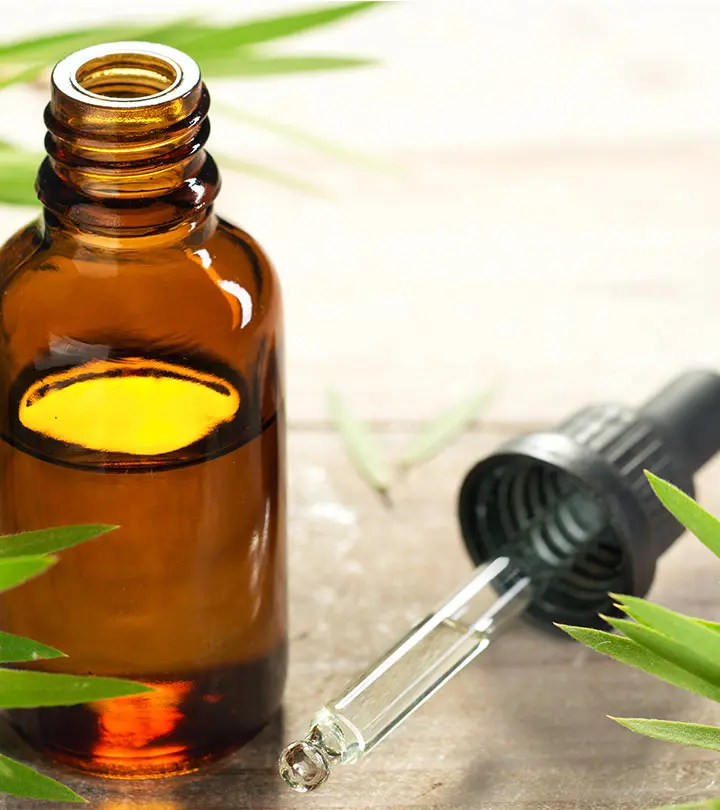
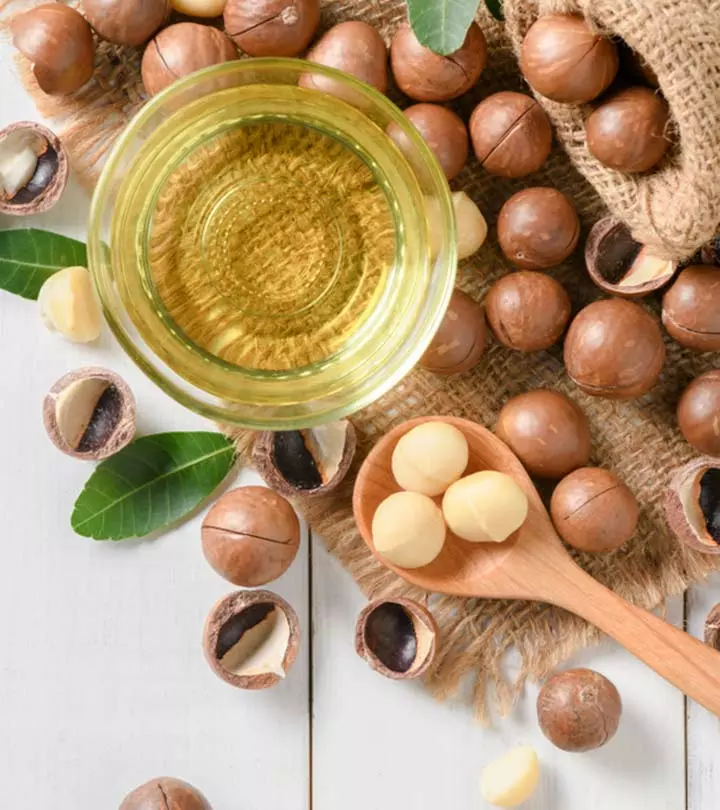

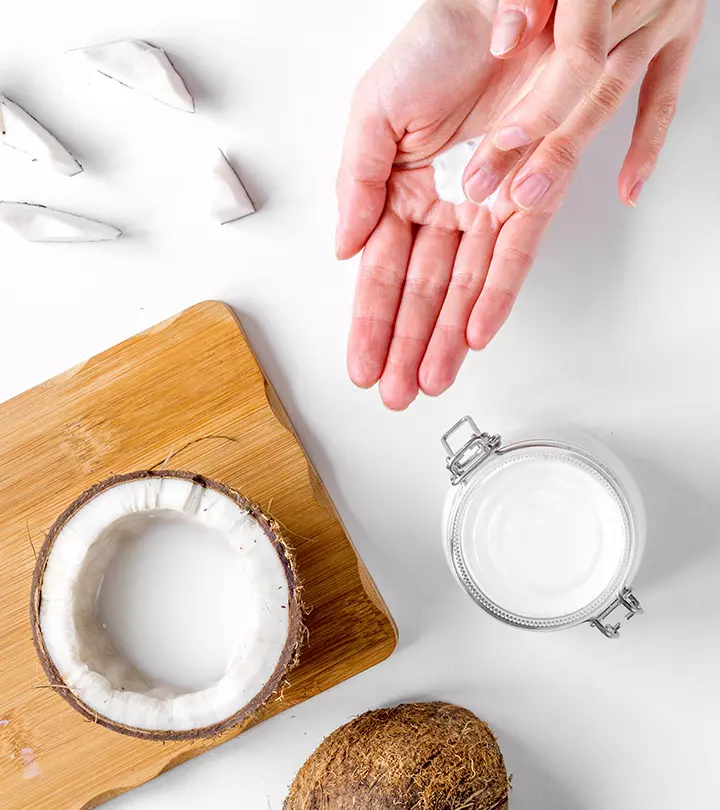

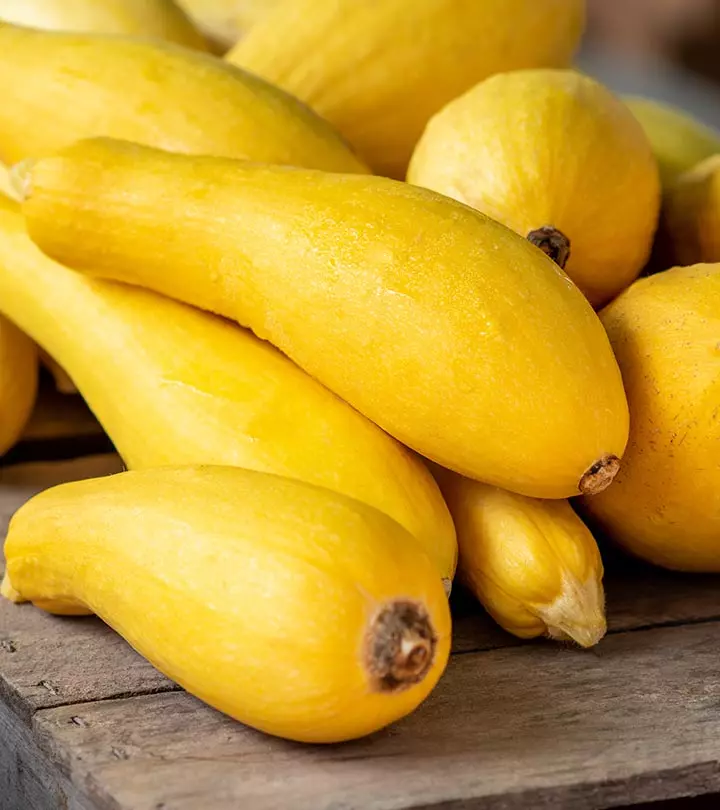
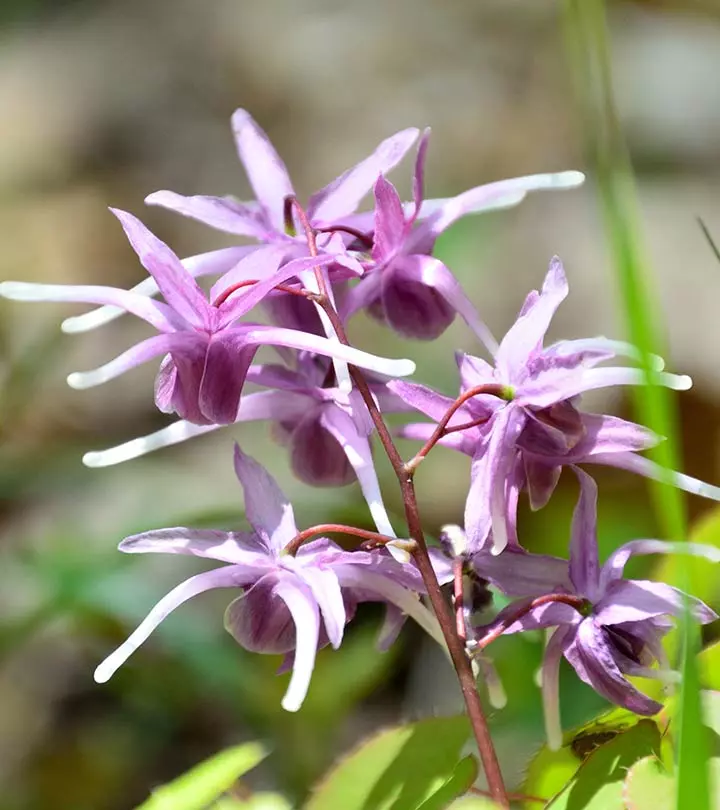

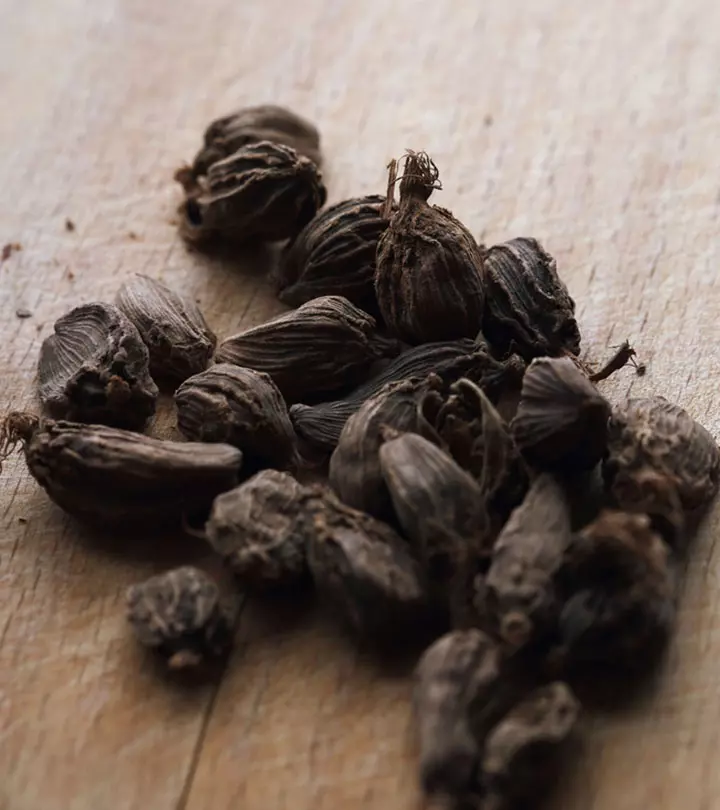

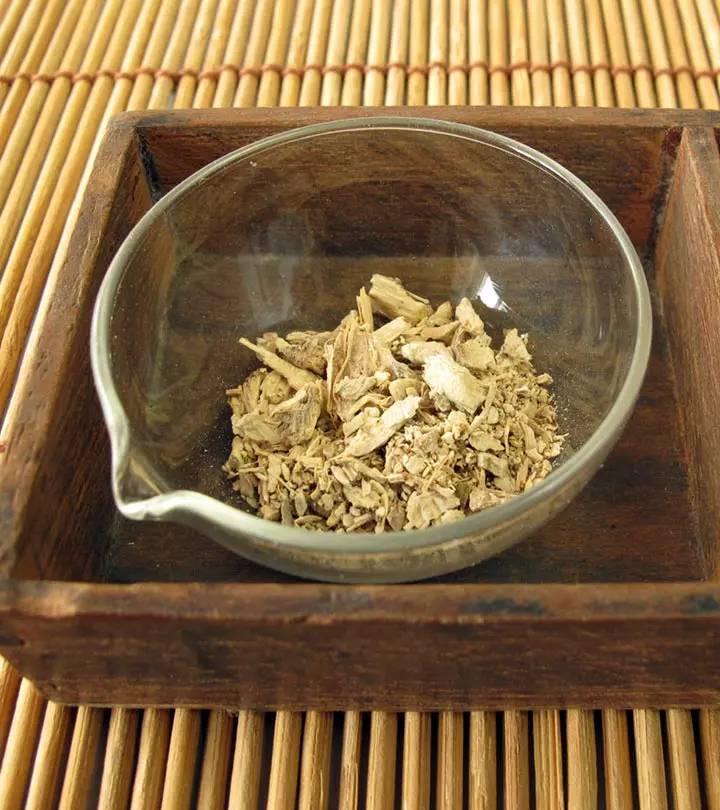
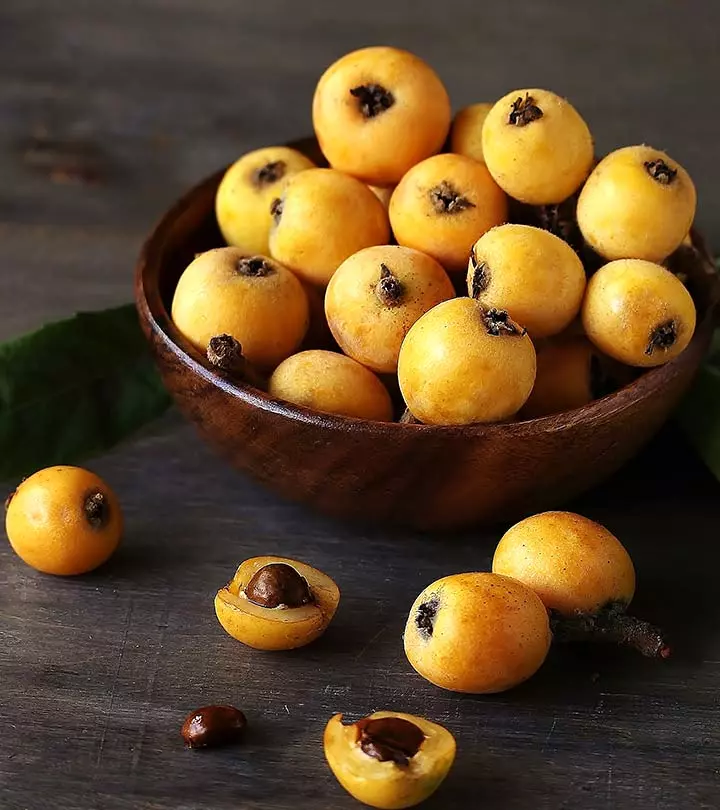
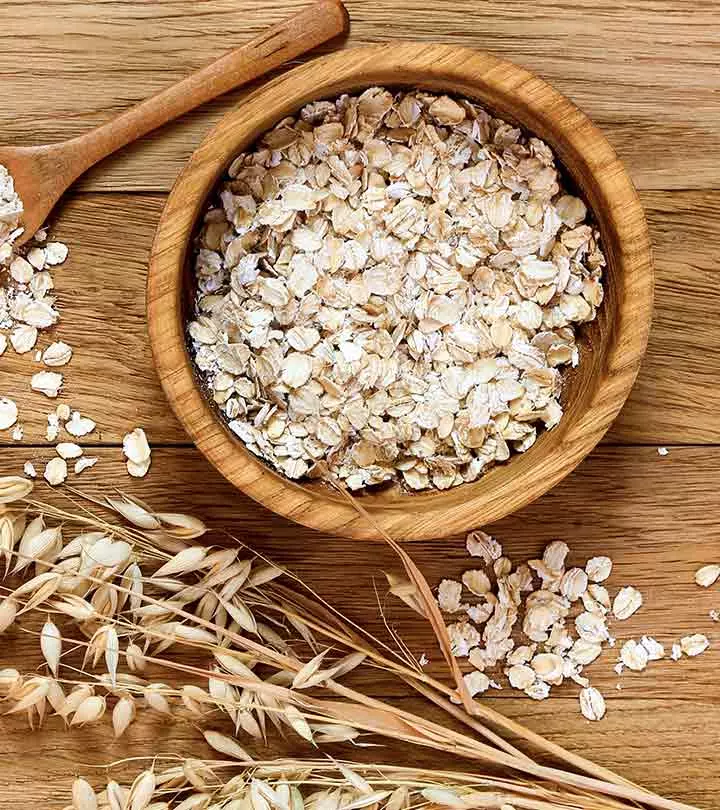
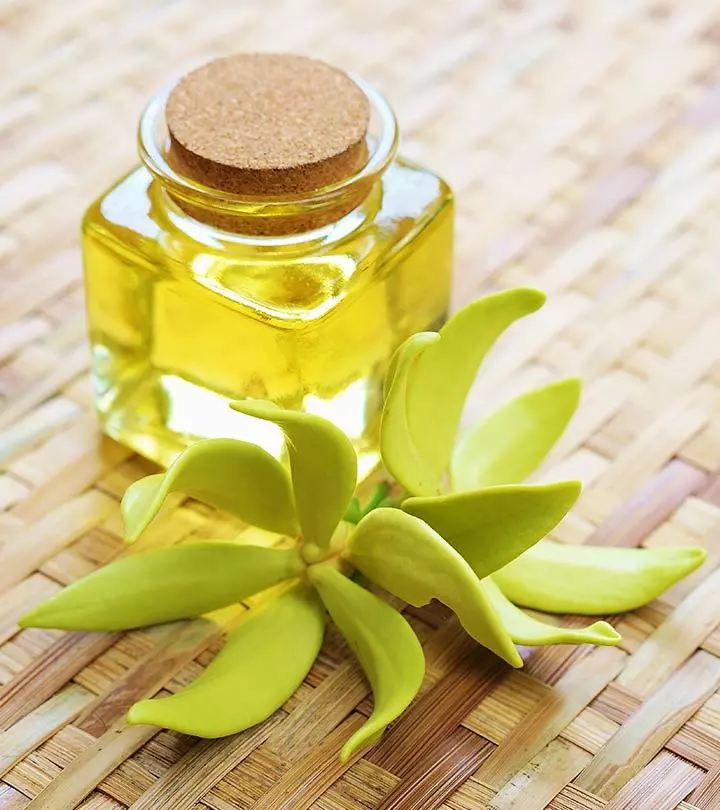
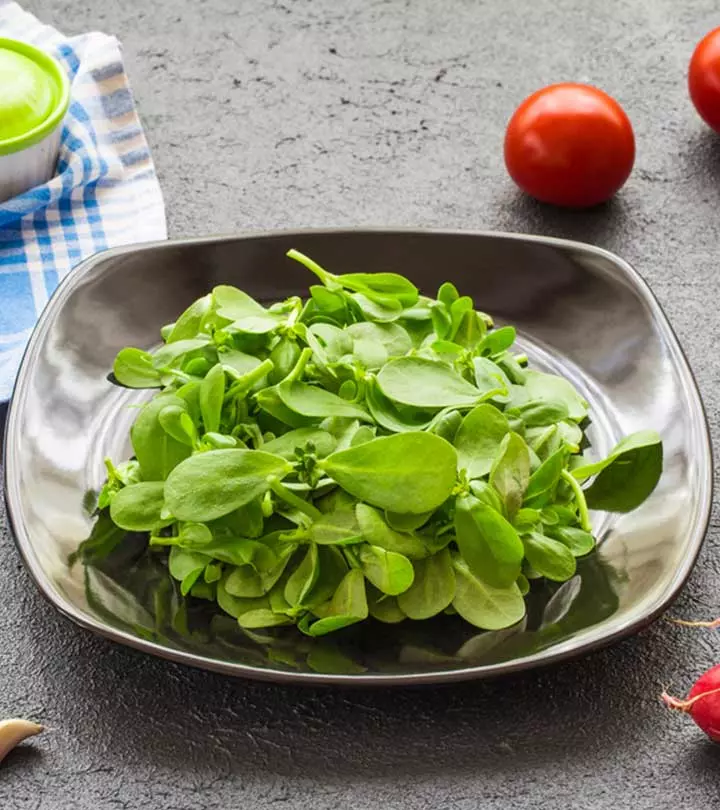
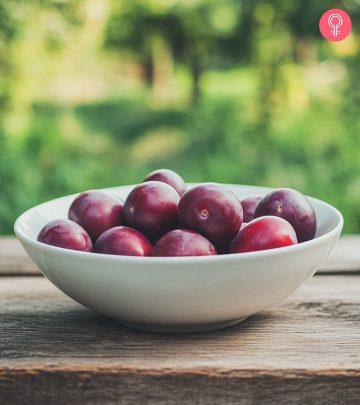
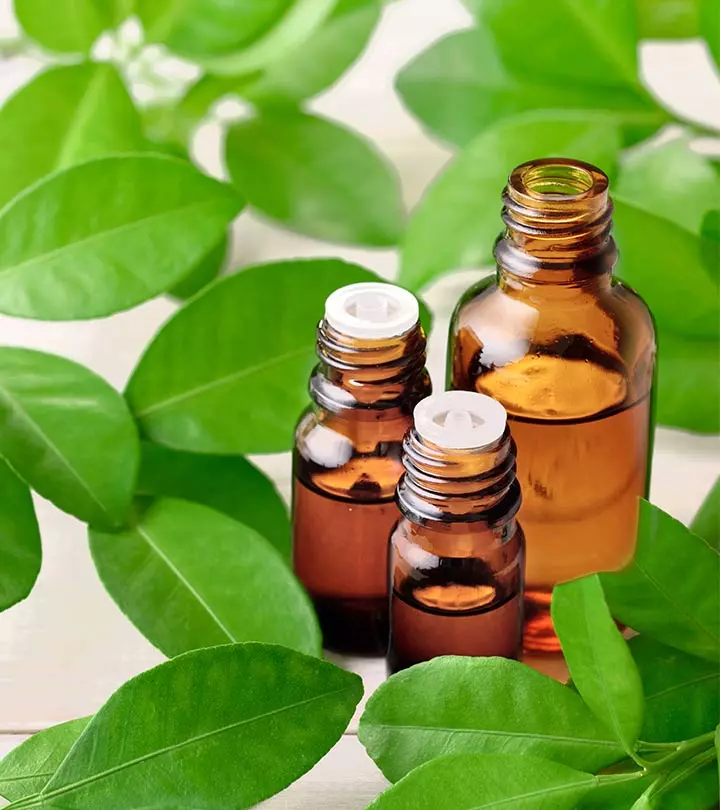
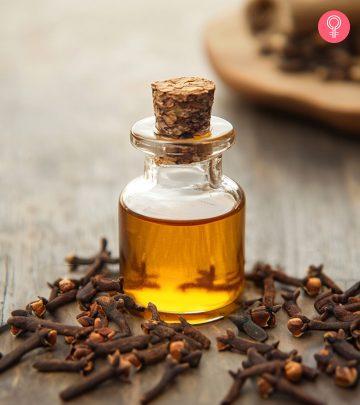
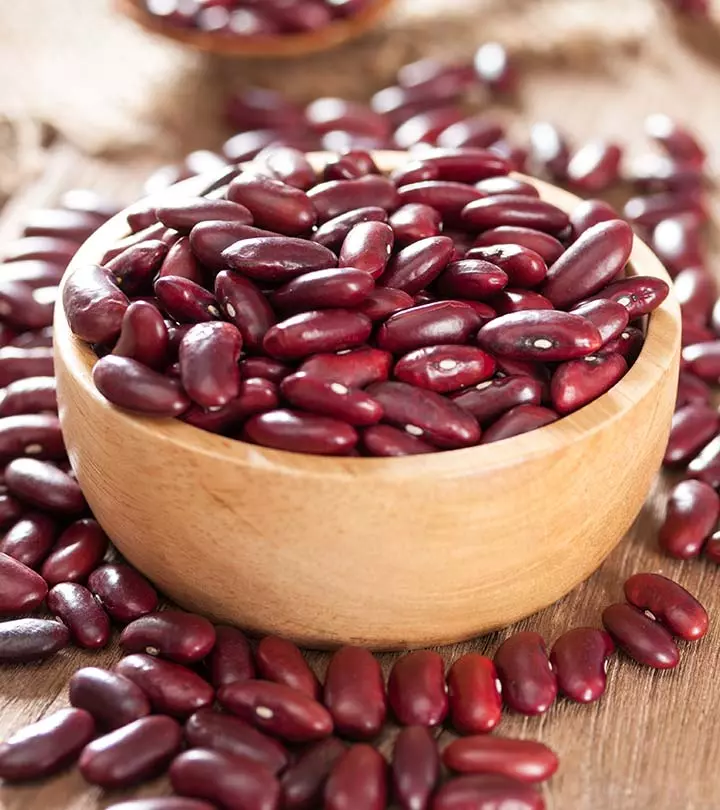
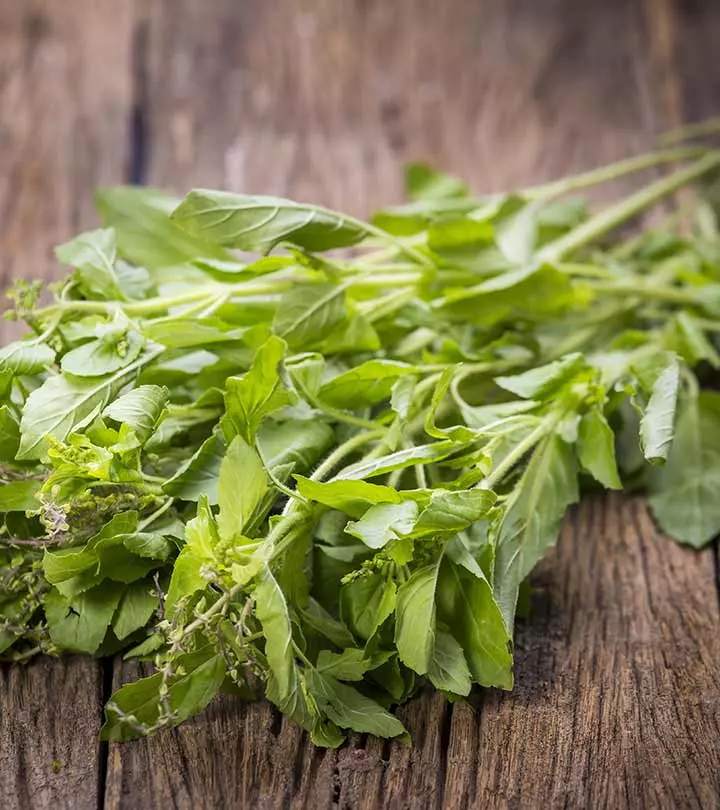
Community Experiences
Join the conversation and become a part of our empowering community! Share your stories, experiences, and insights to connect with other beauty, lifestyle, and health enthusiasts.